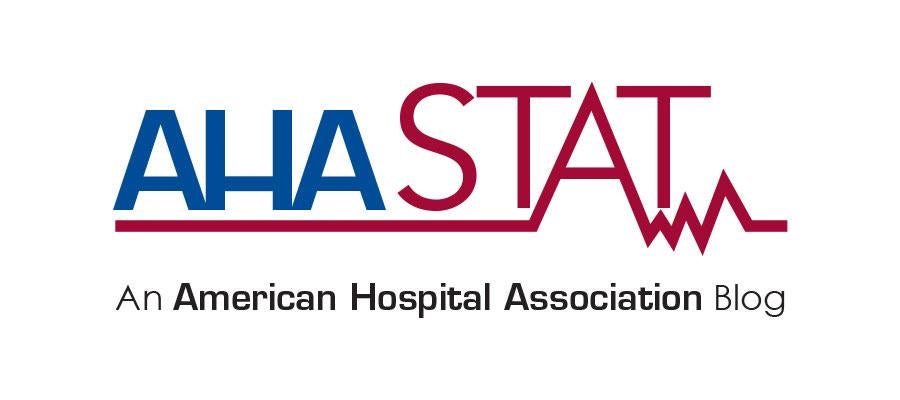Supporting the Behavioral Health of Older Americans

Arpan Waghray, M.D., CEO, Providence’s Well Being Trust
Past Chair, American Hospital Association Committee on Behavioral Health
In addition to Mental Health Awareness Month, May is Older Americans Month. While there has been increased awareness about the youth mental health crisis in our country — a critically important action — the mental health of Americans aged 65 and older is often overlooked. As a practicing geriatric psychiatrist for more than 15 years, I’ve seen firsthand the mental and physical toll that anxiety, depression and other mental health conditions have taken on older adults, especially when left untreated for years.
Currently, anxiety is the most common mental health concern among adults in the U.S. Yet, two-thirds of seniors with mental health concerns do not get the treatment they need. Older adults may not seek treatment or receive diagnoses because their symptoms, such as irritability, persistent worry, or insomnia are minimized as just “getting older.” Most seniors with anxiety have struggled with the condition throughout life, but the anxiety may present itself differently as they age, further contributing to misdiagnoses.
If left untreated, studies have linked anxiety in older adults to other serious, sometimes fatal, health concerns, including dementia, stroke and heart failure. Unfortunately, there is a shortage of mental health providers who specialize in treating older adults. Furthermore, the number of seniors with mental disorders is expected to double by 2030. We must work now to help ensure that the mental health of our seniors does not go ignored and provide the resources to adequately care for them.
Whether they are our parents, grandparents, spouses, peers or friends, our older adults are a vitally important part of our community who deserve the highest quality of mental health care. It’s our responsibility to listen to their concerns and, in turn, create better living conditions for them.
As the 2023 past chair of the American Hospital Association’s Committee on Behavioral Health, I’m proud that the AHA continues to bring attention to the behavioral health needs of older adults, including the Age-Friendly Health Systems initiative. Because every person deserves to have their mental, social and spiritual health needs prioritized and met, no matter his or her age.
Mental Health Resources for Older Adults
Below are resources included on the National Institute for Mental Health website:
- Depression is Not a Normal Part of Growing Older: This Centers for Disease Control and Prevention webpage describes signs of depression and how depression can be different for older adults.
- Healthy Aging: This U.S. Department of Health and Human Services webpage lists links to health resources and services for older adults.
- Information About Older Adults: The Substance Abuse and Mental Health Services Administration offers publications for and about older adults.
- Older Adult Mental Health: The National Library of Medicine’s MedlinePlus offers resources on aging and mental health (en español).

